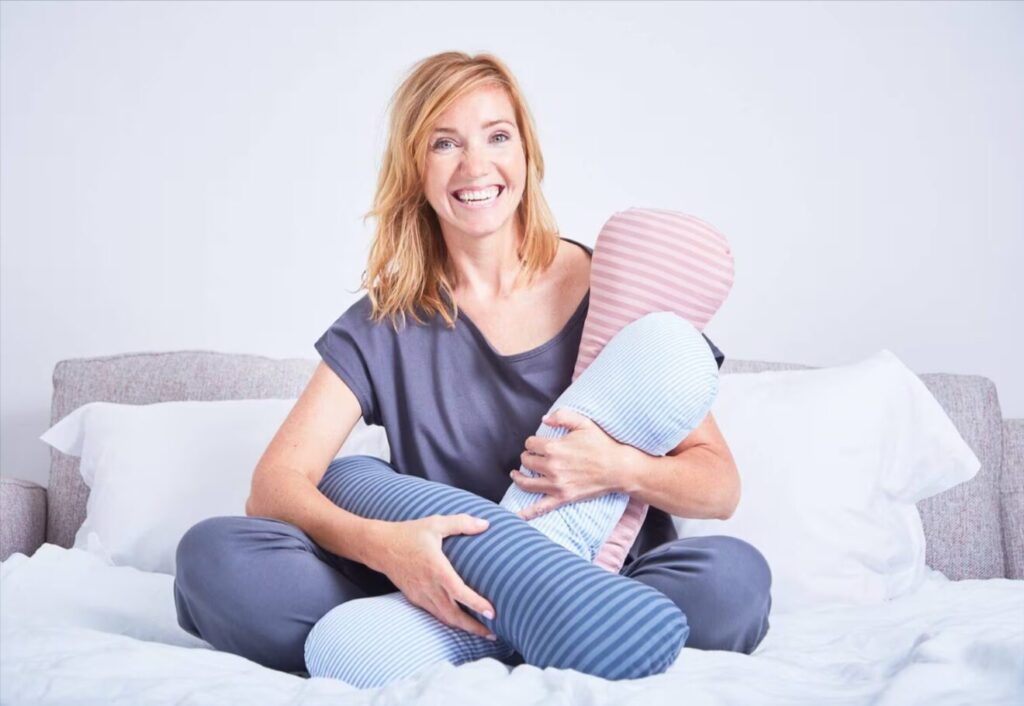People who struggle to get out of bed in the morning often get it in the neck for their apparent “laziness”, but in most cases this lack of enthusiasm to start the day has nothing to do with indolence. It’s simply how some adults roll and having to work nine to five has been making their life hell for years.
When lockdown allowed people to dictate their own wake-up times, many naturally slept later. Dawn starts suit only those whose chronotype (the natural inclination of the body to sleep at a certain time) makes them early birds rather than night owls.
What the science tells us is that trying to work while needing more sleep is a bad idea. For starters, sleep deprivation affects our mood. It makes us less resilient and more irritable around our workmates. It also inhibits job performance by making it harder to concentrate and focus. At a practical level, sleepy heads are more accident prone.
In a piece about sleep for the Conversation published last year, Wladislaw Rivkin, associate professor of organisational behaviour at Trinity College, noted: “Sleep is particularly important for the higher-level cognitive skills we use to control and co-ordinate our thoughts and behaviour. A vital cognitive skill that particularly relies on good sleep is self-control or willpower [and] a lot of what we do at work requires willpower. We need willpower to control our impulses and emotions, to complete tasks that are less enjoyable or outright unpleasant, and to resist distractions when working.”
Office hours are typically set by early-rising bosses and today’s crop of high achievers – Richard Branson, Tim Cooke and Jamie Dimon, to name a few – get kudos for being able to survive on minimal shut eye.
But let’s get one thing straight. They are the exceptions. Rising during the witching hours is not “normal” behaviour for most adults who will feel distinctly below par if they continually sacrifice their sleep.
Unless someone is compensating with early nights, a regular sleeping pattern of only four to six hours can create significant deficits in cognitive performance and potentially affect long-term memory. There’s also research that suggests getting up too early has an impact on decision-making with early-morning risers making less ethical decisions as the day goes on.
If nothing else, flexible working should be able to accommodate both larks and night owls and employers willing to let people determine their own timetables are likely to reap the rewards as owls will happily power through tasks later in the day while larks work best when the owls are still buried under their duvets
Síne Dunne is a former Google executive who has turned her obsession with sleep into a business.
While working with the multinational she was so pressed for time that she slept only five hours a night and felt constantly stressed. “The more I read about the impact of poor sleep on physical and mental wellbeing, the more I realised I had to do something about my poor sleeping patterns,” she says.
Dunne quit her job and spent time tackling her own problems through research and training before setting up Siest Sleep to help others in the same boat.
Her company provides sleep news and tips on its website and also produces the Siest Sleeper, a weighted pillow designed to provide emotional comfort and physical support to encourage better-quality rest. “It’s a positioning pillow that’s weighted like a blanket but soft like a pillow and it can be used to calm or hug you to sleep or between the knees to stop someone rolling over and snoring,” she says.
As time has gone on, Dunne has become more and more committed to helping people get a restorative night’s rest and her next step is to launch a sleep diagnostics platform where people can go for advice and professional help with well-proven therapies such as cognitive behavioural therapy.
Dunne is currently in the throes of a survey of sleeping habits in Ireland and she’s dismayed by the findings so far.
“Only 14 per cent of our sample describe their sleep as good, 30 per cent say their sleep problems are linked to work stress and a significant 42 per cent say that, once they wake up, they can’t get back to sleep,” she says.
“Around 30 per cent are tracking their sleep but only a small group – around 12 per cent – are getting professional help with this, with around 25 per cent relying on advice from TikTok.”
Dunne adds that with wellness initiatives now firmly established in many workplaces, employers could do their bit for poor sleepers by including sleep-related programmes in their offering. However, she stresses that while some of the basic principles of good sleep hygiene (such as limiting caffeine and no screens in the bedroom) are universal, interventions need to be personalised as everyone’s sleep experience is different.
“Wellness programmes are typically designed to show a baseline and measure improvement and it’s not so easy to do that with sleep,” she says. “We need individual data, similar to individualised diet or nutrition programmes, to provide clarity and identify where poor sleepers need help.”
If nothing else, flexible working should be able to accommodate both larks and night owls and employers willing to let people determine their own timetables are likely to reap the rewards as owls will happily power through tasks later in the day, while larks work best when the owls are still buried under their duvets.
In the interests of the smooth running of organisations, some common core hours may be needed, but otherwise letting people choose their own start and finish times may be the key to better engagement and increased productivity.










